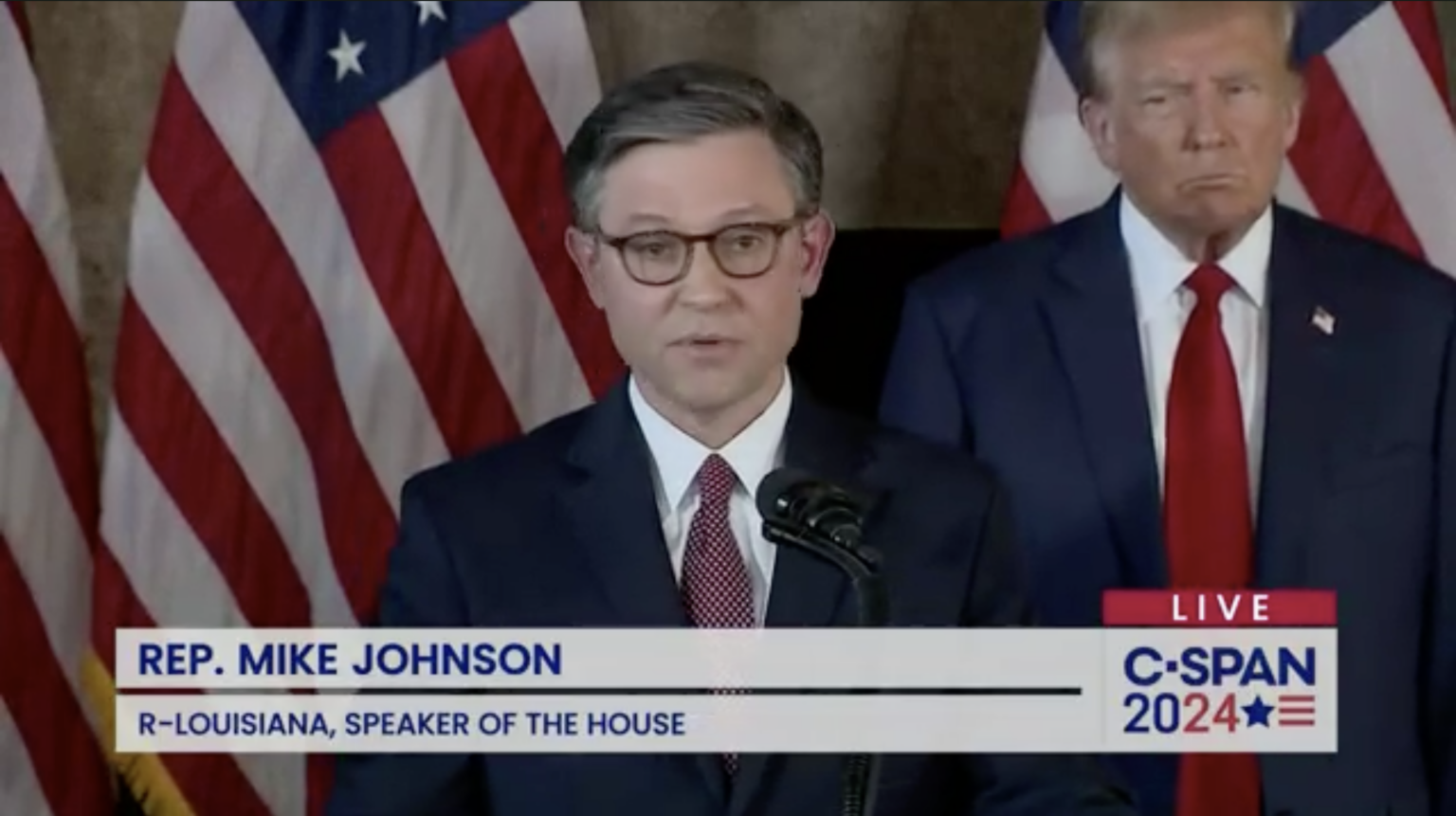Faced with a shrinking list of options to trim the budget, Republicans are now eyeing Medicaid - but will that fly among Trump supporters?
News reports indicate that bargaining between the White House and Congressional Republicans over next year’s budget is now intense. It is easy to understand why. The President’s efforts to restructure the world economy via tariffs have inspired vast opposition, generating deep misgivings even among many of his strongest supporters within big business. A failure now to extend his signature 2017 tax cut legislation might well fatally damage his standing among business leaders who have so far soft-pedalled their misgivings.
But President Trump’s efforts to increase his sway over the Federal Reserve have stalled. In the short run, at least, it is clear that the Fed will not cut rates as long as it perceives inflation to be a serious threat. And, rightly or wrongly, anxieties that the tariff increases will lead to higher inflation are running rampant.
This redoubles the urgency of the long-running campaigns by big business and finance to cut the federal budget deficit. The tax cuts are heavily weighted toward the wealthy. And the evidence is now compelling that in recent years, consumption spending in the US has been driven heavily by affluent Americans. Extending the tax cuts without cuts in federal spending elsewhere will push up total demand for a long time to come in an economy that, at least until “Liberation Day,” was widely considered to be at least slightly inflationary.
It is obvious that if the tax cuts are extended without major cuts in the rest of the budget, the Fed will be even more reluctant to cut rates.
This will pose problems for the White House at several levels. The outcry from deficit hawks, already deafening, will become even shriller. Perhaps a more immediate threat, however, is the implication for US exchange rates. The White House international economic policies have never been principally about tariffs. The incessant talk about a new “Plaza Accord” stems from the administration’s aspiration to bring off a kind of hat trick in international economics: lower the value of the dollar relative to its major trading partners, while maintaining its status as the world’s leading currency. Though right now the US and its trading partners are light years from any accord, the dollar has dropped substantially against its trading partners. With central banks in many other countries cutting rates, that will not persist for very long if the Fed holds firm.
Which brings us to the problem Republicans have with cutting Medicaid. We hope it is now obvious that economic appeals to lower-income Americans were always basic to Trump’s appeal in earlier elections and that the one-sided emphases by most analysts on racial and cultural appeals left out a crucial component of his allure.
Trump has for now ruled out reducing Medicare and Social Security, whatever doubts about a future breakdown of the latter may have been sown by the way DOGE was allowed to rage through its famously lean structure. Budget trimmers have thus focused on Medicaid, which provides care for the least affluent Americans.
Data from the AP VoteCast 2024 General Election survey shows the dilemma facing the Republicans right now. Table 1 displays how voters for both Trump and Harris felt about expanding Medicaid in their states.
Table 1: Majorities of Both Trump and Harris Voters Favored Medicaid Expansion
|
MEDICAID EXPANSION |
Trump |
Harris |
All |
|
Strongly favor |
31.7% |
70.5% |
46.3% |
|
Somewhat favor |
33.6% |
20.9% |
28.8% |
|
Somewhat oppose |
23.0% |
4.6% |
16.1% |
|
Strongly oppose |
11.7% |
4.0% |
8.8% |
|
Counts |
1799 |
1085 |
2884 |
Source: Authors’ calculations from AP VoteCast 2024 General Election
Reading down the column for the Republicans shows segments holding views that arguably fit caricatures of “country club” Republicans: They “strongly oppose” or “somewhat oppose” expanding the program. But a heavy majority of Trump voters favor expansion either “somewhat” or “strongly.” [1]
Right now, Republicans championing major cuts have their work cut out for them. Many are touting the program as wasteful and demanding work requirements. With compelling new evidence coming in that Medicaid spending is highly effective and that work requirements are a futile waste of time and resources, how they resolve their dilemma will reverberate in both markets and politics for a long time.
Note
[1] The split and a look at other surveys convince us that concerns about rationalization and issues that sometimes arise in surveys are minimal in this case.







